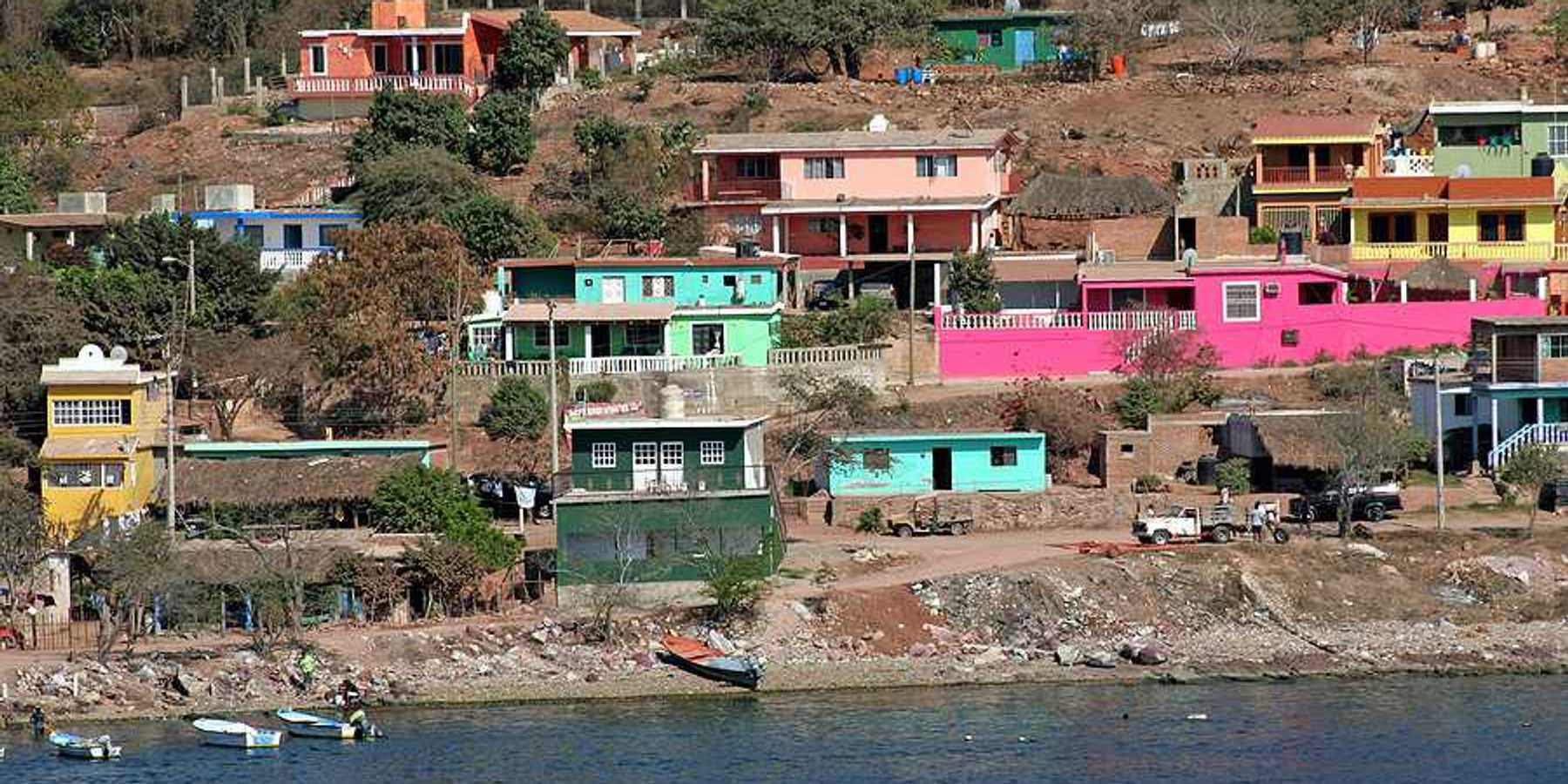Climate change is emptying forests of insects, even in places we thought were safe
Insects are vanishing from even the most protected ecosystems on Earth, and scientists say climate change is now the main culprit.
Tess McClure reports for The Guardian.
In short:
- Long-term research in Costa Rica shows insect populations collapsing in pristine forests, once thought to be safe from pesticides and human development.
- Entomologists worldwide are reporting dramatic drops in moths, beetles, and other bugs — especially in regions affected by longer dry seasons and rising heat.
- The loss of insects is triggering food chain collapses, with bird, bat, and lizard populations also crashing in otherwise untouched areas.
Key quote:
“We’re talking about nearly half the tree of life disappearing in one human lifetime. That is absolutely catastrophic.”
— David Wagner, entomologist
Why this matters:
Deep in Costa Rica’s forests, decades of data now reveal a terrible silence: moths, beetles, ants, and the whole chorus of six-legged life are fading away. It’s the heat, drying the forest from the bottom up. Insects are the foundation of ecosystems, and their crash threatens food webs, biodiversity, and even human survival. Half of all known species are insects. They pollinate crops, aerate soil, and feed nearly everything. Combined with the threats insects face globally from pollution and development, the warming climate creates grave risks for these small but mighty creatures on which so many of our human systems depend.
Read more: Silent Earth: Averting the insect apocalypse













